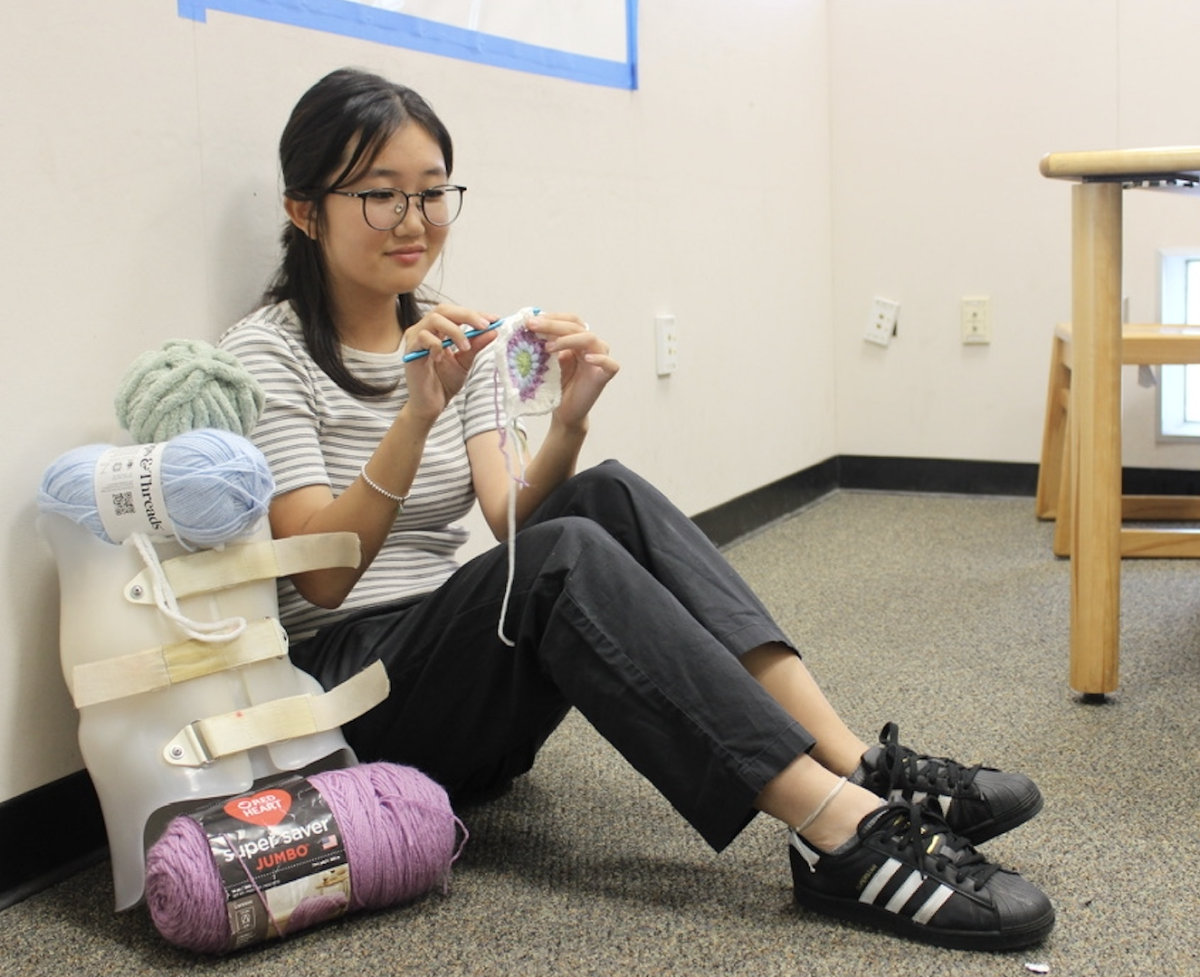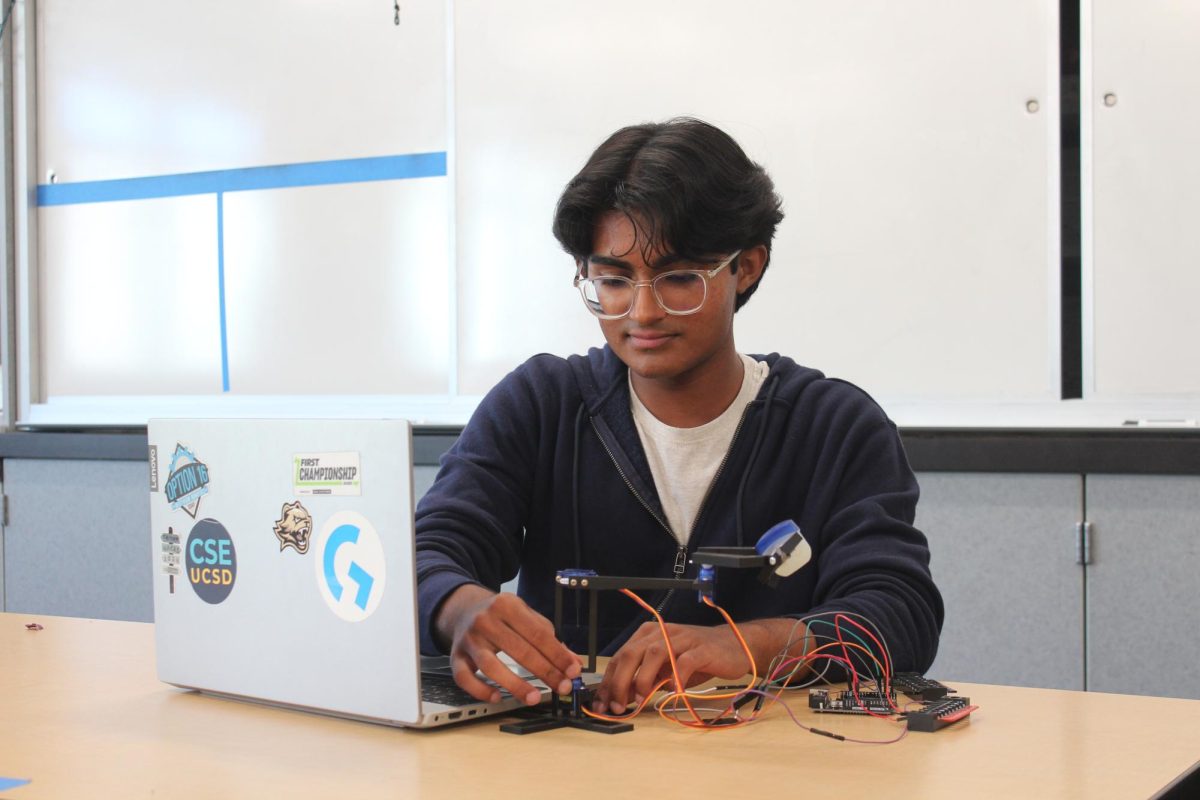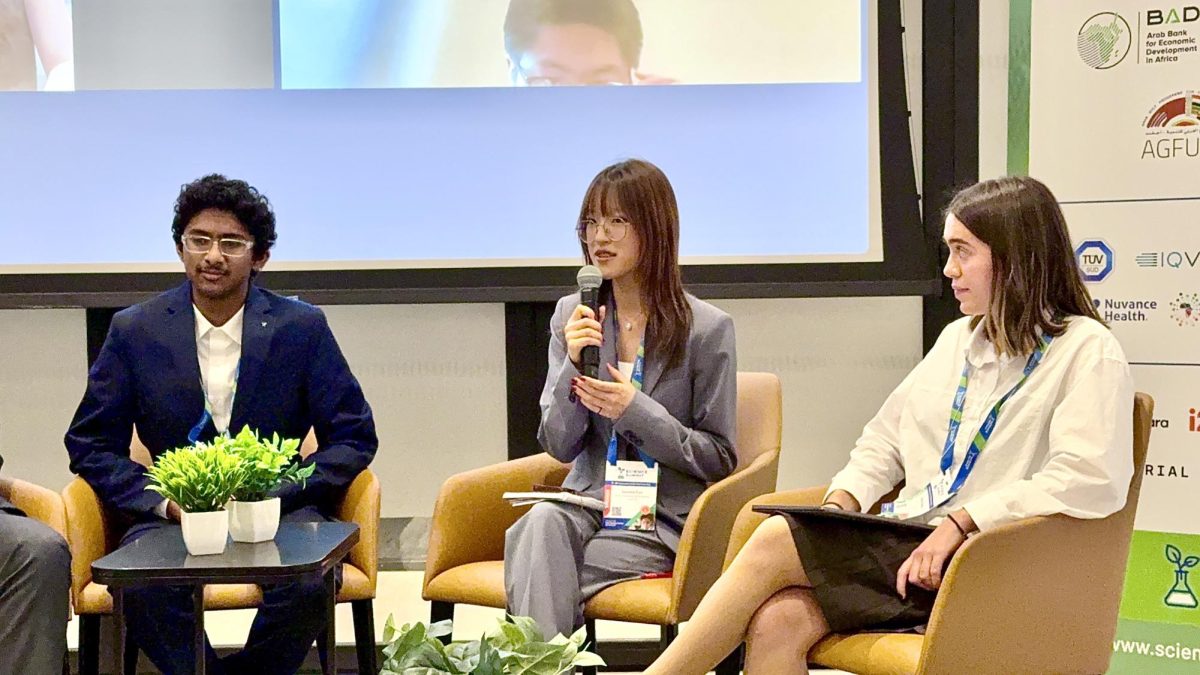Being the fourth out of seven siblings, Javier Torres’ (11) household was never quiet. At least in the ears of the children because their parents didn’t know how loud they all were. Torres’ parents are both deaf.
“Since my parents can’t hear they weren’t able to tell us to be quiet because they didn’t know,” Torres said. “So everybody’s screaming like it doesn’t really matter.”
Growing up, Torres knew that there was an obvious difference in conversing through American Sign Language with his parents in comparison to other families but he didn’t think much of it.
“I would see kids just talking to their parents and I was like, ‘Oh, I have a different way of communicating to [mine],’” Torres said.
By the time he entered pre-school, Torres was trilingual, understanding Spanish, ASL, and English. English was the weakest language for Torres, which made it hard for him to connect with peers.
“I wouldn’t really talk to any of the other kids because it was just hard to have a conversation with other people,” Torres said. “I’d usually just stay by myself and not really talk to anyone.”
As a result, Torres also felt himself pushing away his parents, whether it be ignoring them or not really putting in any effort to connect with them.
“It bothered me that my parents weren’t the same as everyone else’s and that’s what I didn’t like at the time,” Torres said. “I wouldn’t go with them anywhere in public and it would be big things too like trips to other countries or states.”
Over time, Torres began feeling hesitant to have people over because of his parents.
“In elementary school, I used to be ashamed of having deaf parents because I thought people would look at me differently,” Torres said. “I was afraid that people would make fun of me for having disabled parents and think my parents were stupid. And I didn’t want people thinking I was weird for knowing ASL.”
In the third grade, however, Torres became friends with Danny Olvera (10), who helped him open up to the people around him and feel more comfortable about having deaf parents.
“I’m still friends with [Olvera] now,” Torres said. “I hang out with him pretty much every day. He was special to me because he said he didn’t care about my parents being deaf and was always a good friend about it.”
As Torres grew, mentally and physically, he began feeling more proud of his parents, understanding what they’ve been through in their lives.
“I think it’s impressive that they were able to graduate from high school with barely any interpreters for them,” Torres said. “They had to go off of what was put on the board and tried their best to read lips from peers and teachers. I find inspiration in this to try and work as hard as they did.”
Eventually, Torres told them how he felt.
“I apologized [to my parents] once and that’s all they needed to forgive me and I started to talk and connect with them a lot more,” Torres said.
Torres recognized that some people might not understand how it is for him, and he’s okay with that.
“I always thought it was rude to just assume that [my parents are like kids],” Torres said. “But I never really had any hard feelings for it because they don’t really know how it is.”
At times, although he is much better at communicating with his parents than he was years ago, Torres still encounters some challenges.
“It wasn’t very hard to express my feelings because [my parents] understand basically everything that I would have to go through [socially],” Torres said. “But sometimes it’s a little hard to express different tones in sign language, so it’s kind of hard for them to understand. I can’t really explain that to them.”
Despite that all, Torres appreciates his parents and everything they’ve done for him.
“[Life] is harder for them in some ways,” he said. “I’m grateful they put up with it and try to give me the best that they can give me.”





